Celebrating Okra Fest 2023: A Conversation with Cam Terry
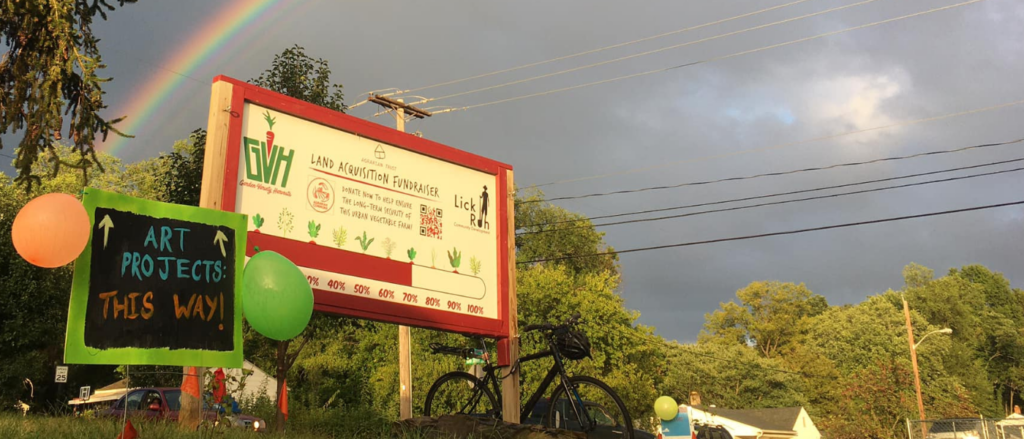
We recently had an opportunity to connect with Cam Terry, a farmer in Roanoke, Virginia who is currently raising funds with Agrarian Trust and Southwest Virginia Agrarian Commons to acquire a parcel of land in central Roanoke. We spoke about Okra Fest, a yearly arts festival that Cam hosts on his farm celebrating okra, community, […]
The Bhoodan Movement and Land Gifts as Revolutionary Practice
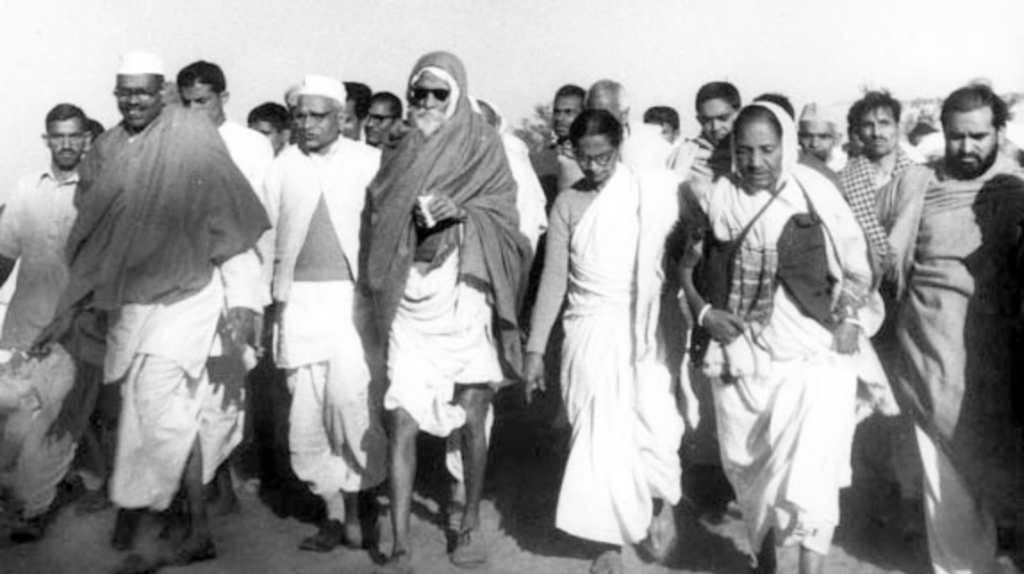
The Bhoodan movement serves as an example of the limitations of land-gifting, as well as its immense potential. On the one hand, land donations should be considered as one part of what should be a multifaceted approach, and cannot fully replace a concerted effort to influence policy and decentralize land holdings and power dynamics. On the other hand, the role of land donors should not be underestimated. Bhave and the Bhoodan movement showed that landowners are willing to make serious sacrifices in the name of a deeply moral cause.
Give the Gift of the Commons
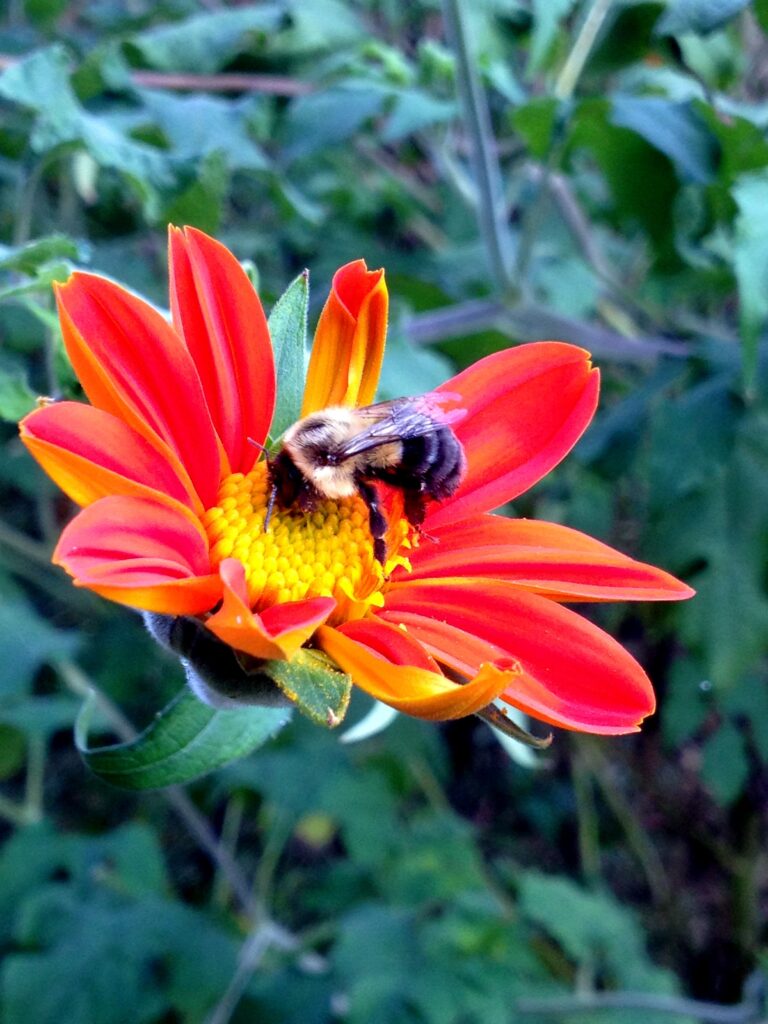
As 2022 draws to a close, we want to take a moment from the bustle of the season to reflect on some of these successes, and to share the work that still needs to be done.
We ask that you consider the variety of giving options Agrarian Trust provides, including our Alternate Gift Catalog, the Caring for the Commons Fund, and the ongoing fundraisers in Maine, Southwest Virginia, and Central Virginia. With your help, we can chart a new path for land ownership in the United States.
The Legacy of Land
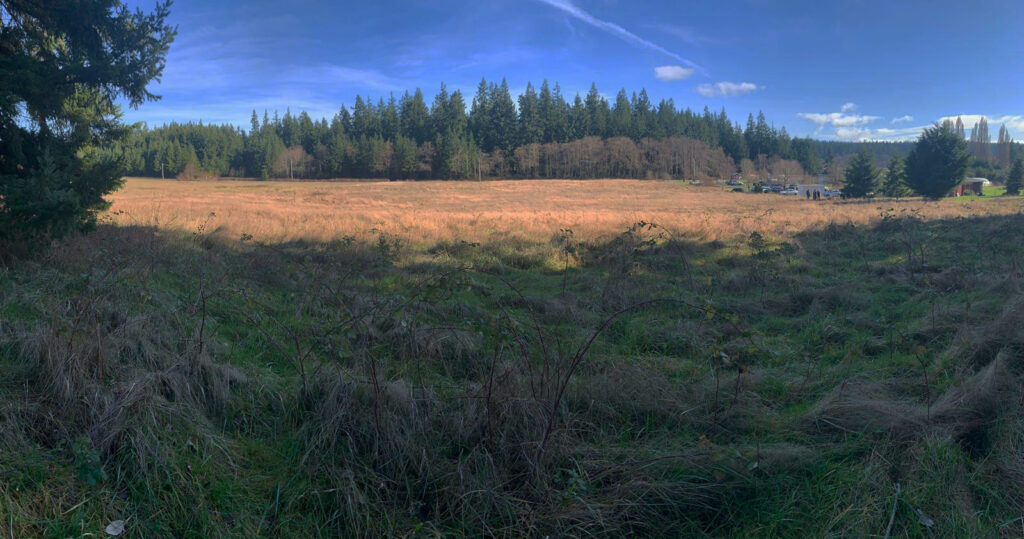
While these are the most common options donors use to transfer land into an Agrarian Commons, every donor is different. Agrarian Trust will work closely with prospective donors to ensure that they are able to make the gift in a way that best suits their needs, while continuing to support the Agrarian Commons. For example, donors can choose to donate only part of their land, or to spread their donation out over a couple of years in order to receive the optimal tax benefits. Nonprofits and land trusts are also welcome to donate land to Agrarian Trust.
Ensuring Donated Land Gets Managed Equitably
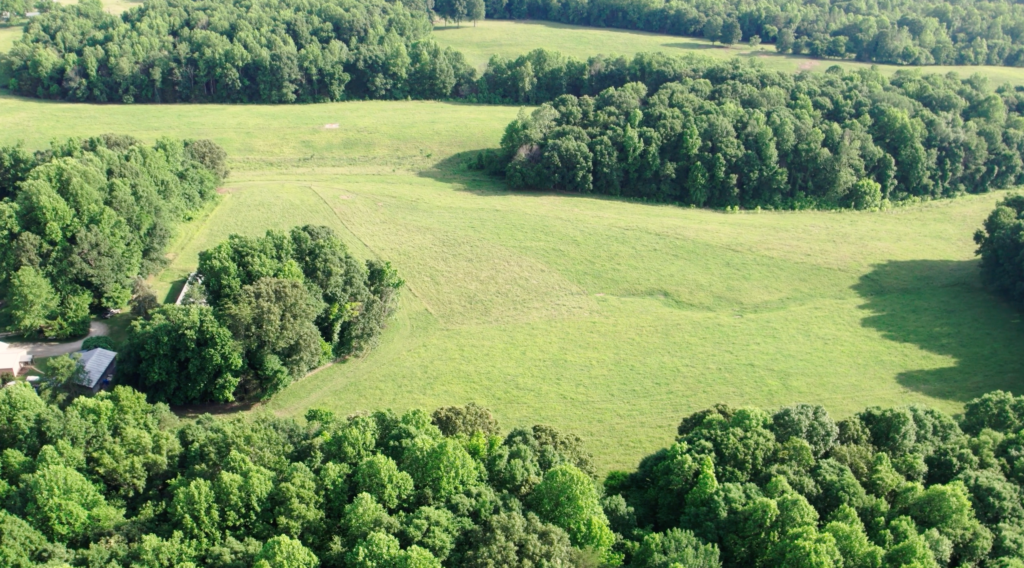
For Callie, successfully conserving agricultural land with issues of racial equity and environmental sustainability in mind took a lot of time and plenty of careful planning. After inheriting the land in 2015, Callie enrolled in classes at the local college and attended conferences on biological farming in search of farmers who shared her vision. Callie found a number of farmers who were interested in working the land, but only one couple was able to make a long-term commitment. Finally, after years of looking for a good fit, Callie and her husband found the Agrarian Commons model.
Oasis and Community in Petersburg, Virginia
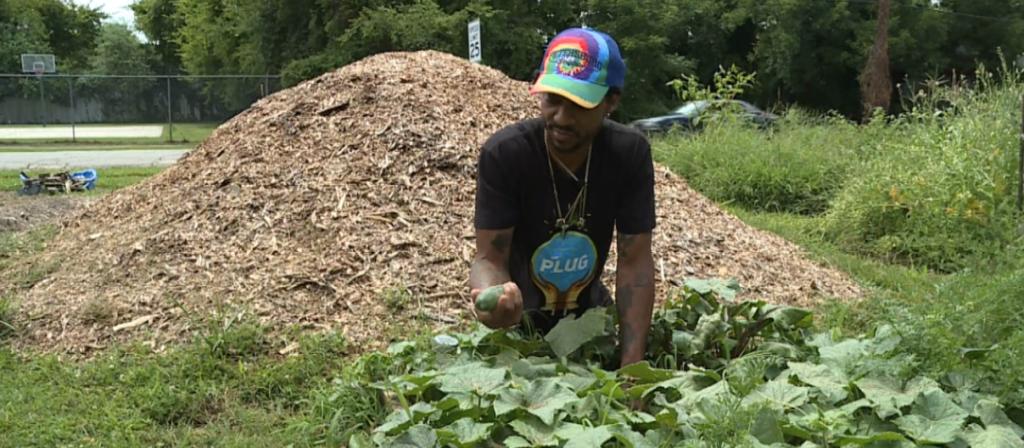
“What it means for our community… it means a sense of hope,” said Cherry. “It’s a light in a very dark time, not just for our city, but even for our country. And its potential for our youth, to know that something besides a place like Walmart exists here—that’s big. Something to be proud about, to say we have a community farm, something we’ve worked for—to have that kind of light in Petersburg.”
Mark Lancaster Joins Agrarian Trust as Development Director
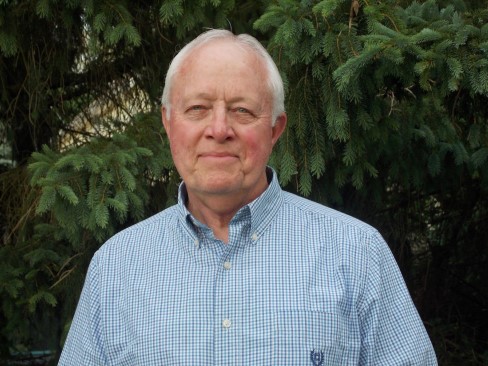
There is little doubt that over the next 5-10 years upwards of 400 million acres of land in the U.S. will change hands as farmers and ranchers retire. What will happen with that land is of great concern to me and to Agrarian Trust.
Press Release: Announcing New Land Acquisition Project for the Central Virginia Agrarian Commons
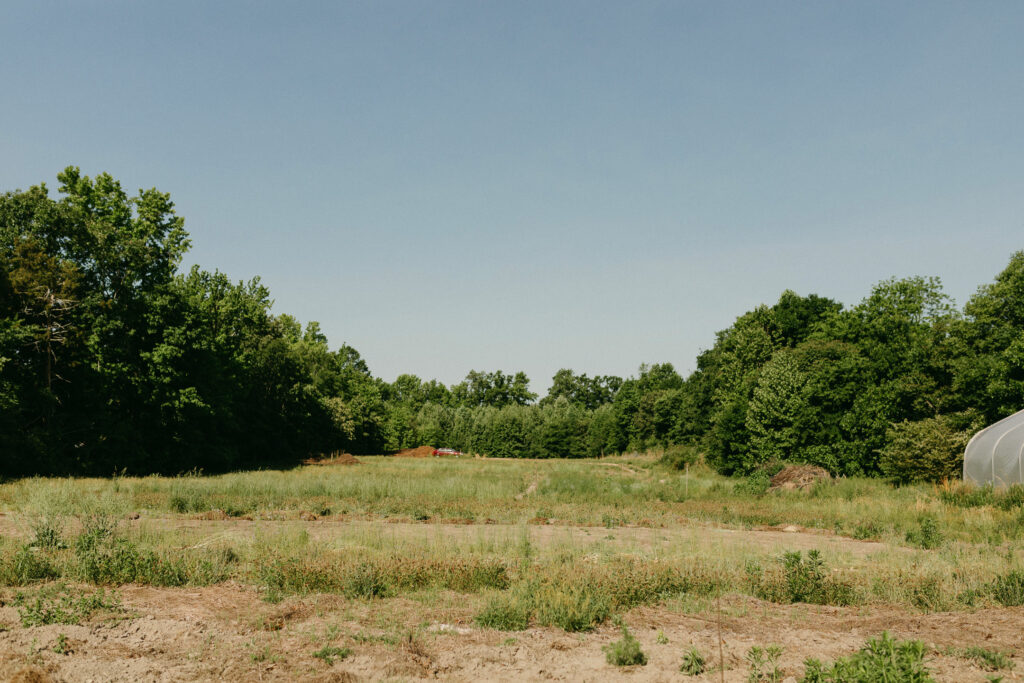
The Central Virginia Agrarian Commons (AC) is announcing its first land acquisition project. The Central VA AC needs to raise $145,000 through a fundraising campaign to acquire the 5.12-acre urban farm that sits right next door to an elementary school in Petersburg, Virginia. The Central VA AC is a collaboration between Agrarian Trust, Virginia Foodshed Capital, Virginia Cooperative Extension, Virginia Tech, the Petersburg Healthy Opportunities Project, Petersburg League of Urban Growers, and Sankofa Community Orchard to support urban food production and habitat diversity, and to counter high rates of food insecurity.
Cultivating Resiliency in Roanoke, Virginia
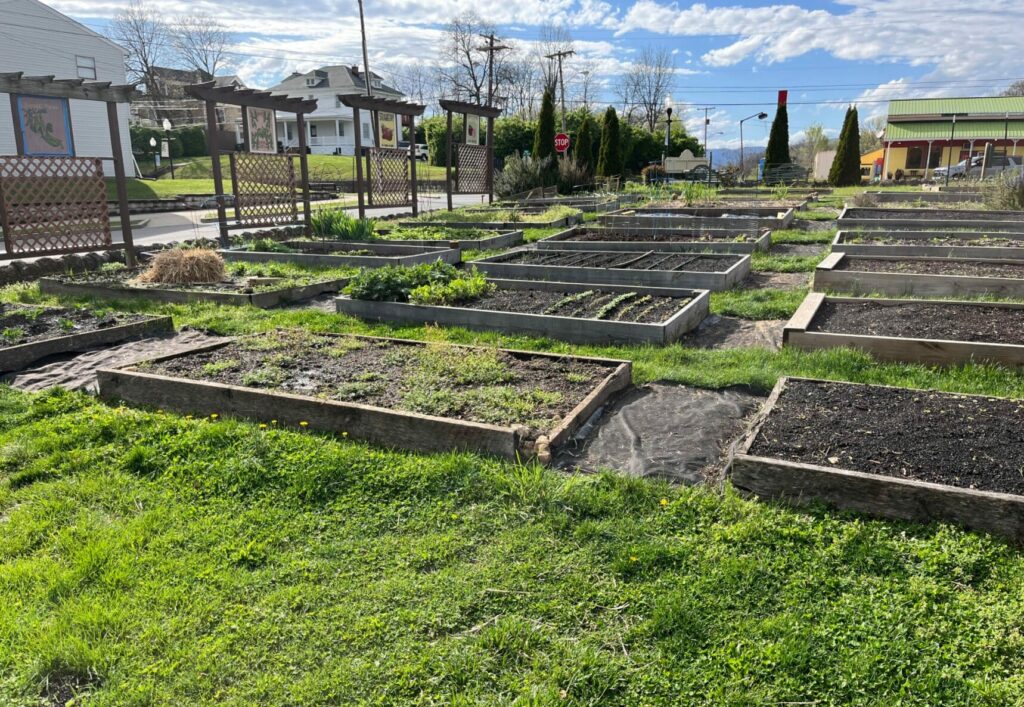
As a recipient of Roanoke City’s share of American Rescue Plan funding, LEAP is working to create a centralized food hub about a mile down the road from Lick Run Farm farm, where Cam plans to take his vision for growing food and building community to the next level. Once the funds are raised, the land will become the founding farm for the Southwest Virginia Agrarian Commons: a space where Cam can build soil, host workshops, and raise vegetables to be sold on-site as well as through LEAP’s new food hub.
Explore the Farm and Fundraise with Frankie the Cat
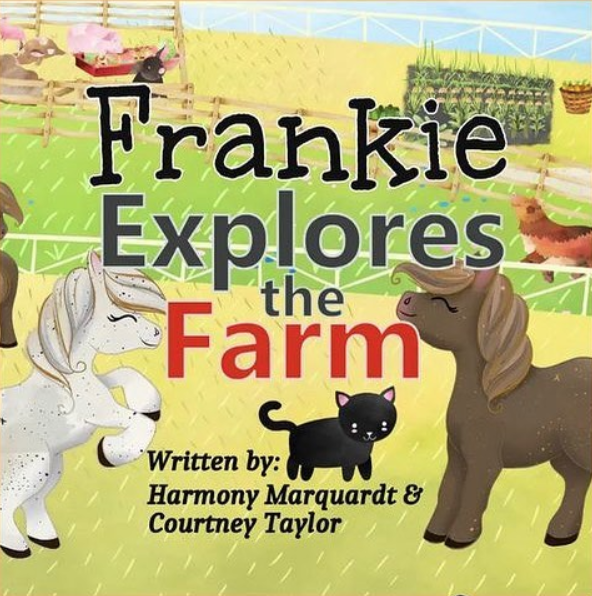
The authors of Frankie Explores the Farm, Courtney Taylor and Harmony Marquardt, are donating the proceeds from their new book to the fundraising campaign for Southwest Virginia Agrarian Commons. By purchasing a copy on Agrarian Trust’s website, you can contribute to Southwest Virginia Agrarian Common’s effort to raise more than $250,000 to purchase Lick Run Farm and ensure that the farm’s 3.5 acres remain accessible and productive.